INDONESIA (YOGYAKARTA)—DRAGONS COMMUNITY RELIEF FUND IN ACTION
Posted on
06/27/20
Author
Claire Bennett, Dragons Instructor
This blog post is written by Claire Bennett, a Dragons Instructor who usually resides in Nepal, but who has spent the months of the pandemic hunkering down in Indonesia, after supporting the Bridge Year Program there earlier this year. Claire worked with Lutfi Handayani, Dragons Local Coordinator, to distribute a Community Relief Fund grant in Yogyakarta.
On our way into the public health office in Yogyakarta we had seen a pick-up truck, sirens blazing, full of people in hazmat suits. It was this trip that really opened my eyes to the scale of the pandemic here in Indonesia. Up until that point, the number of cases of COVID-19 in the country that I somewhat unexpectedly have called home for the last few months, seemed to be within reasonable limits. (Although my definition of “reasonable” has been warped by the comparison to other countries I hold dear which have fared much worse, like my native UK.)
Lutfi and I had applied to the Dragons Community Relief Fund for a small project here in Yogya. Part of the grant was to donate 25 sets of PPE to the local public health office. Procuring the suits had been no small feat; they are not available for general purchase, so we had needed to locate the correct material and then take it to a tailor to sew the suits to the required specification. I marveled that the government had resorted to appealing to the public to donate hand-sewn hazmat suits.
To enter the public health office it is mandatory to wash your hands and wear a facemask. We asked one of the administrators where the pick-up truck we had seen was headed. “To collect and bury the body of a seven-year-old girl who died this morning,” was the reply, and we wished we hadn’t asked. Still, she would not be counted among the case statistics as she was still on the waiting list to have the test that would have confirmed it. “Most of the people that die are in the ‘suspected’ category,” we were told. “But we still have to treat the bodies like they had the virus – that’s why we are running out of PPE.”
Our donation was to protect public health workers overwhelmed by the rising death tolls here. It felt like a good use of a very small amount of funds.
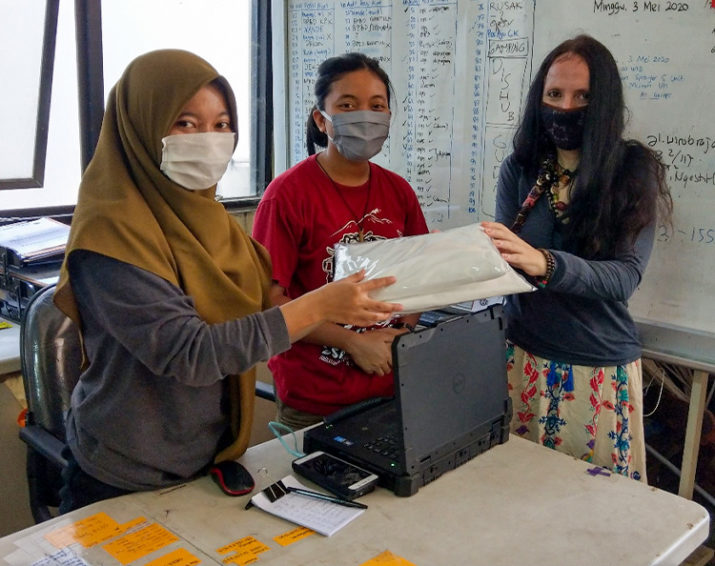
Photo by Claire Bennett, Instructor.
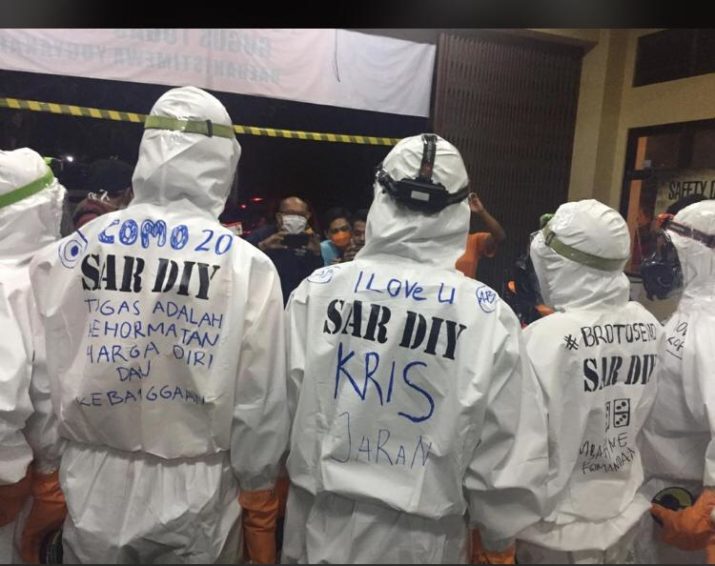
Photo by Claire Bennett, Instructor.
The other thing we planned to do with the community grant was something we knew would provide immediate relief; giving small amounts of essential food and supplies to those hit hardest by the crisis.
Indonesia is in an unusual situation in that there has been no nationwide lockdown, and no shelter-in-place instructions have been given except for in areas of exceptionally high transmission such as the capital.
The government has declared that a lockdown would be too hard on the country’s daily wage earners, who make up a significant proportion of the population. Despite this, the economic impact of the crisis has hit Indonesia hard, as tourism ceased, restaurants reluctantly shut their doors due to declining demand, construction work has stopped, and markets have closed. A large number of families have lost their only source of income.
In my work with Learning Service I have often spoken out against “handouts” as a form of charity, as it leads to dependency instead of systemic change. However in the face of an immediate need such as a natural disaster or, as we have found, economic fallout from a pandemic, there is a need for a stopgap, and when people are struggling to feed their families there isn’t time to make longer-term plans.
We decided to focus on the two areas of town that host our Dragons students – Tamansiswa, where the semester program house is located, and Kotagede, the community that hosts the Princeton Bridge Year groups. In both communities, we worked with local leaders to identify families most in need, which ended up being 20 families around Tamansiswa and 19 in Kotagede. The community chief in Tamansiswa also requested us to install a small public hand-washing station to promote good hygiene practices for the duration of the pandemic.
The food packages were comprised of bare essentials, to ensure that we were not giving anything that would be wasted. 5kg of rice (of course, we are in Indonesia), cooking oil, salt, sugar, tea, eggs, hand soap, and naturally the ubiquitous “Indomie” instant noodles. The packages were delivered to the community leaders who distributed them anonymously in order to avoid questions or jealousy.
In lots of ways, the support that we offered with this community fund was minimal: a token of support and solidarity in troubled times. But I also like to think it had a modest impact.
For the relatively tiny amount of just US $525, we were able to make 25 hazmat suits for public health workers, support 39 struggling families with a couple of weeks’ groceries, and set up a public hand-washing station. Along with boxes of food and soap, the Dragons community also offered our community in Yogyakarta a sense of hope in these dark times. A huge thank you to all who have donated so far!
![]()
Dragons Fund is a program of the COMMON Foundation, a not-for-profit 501(c)(3) organization.
All donations are tax-deductible as permitted by U.S. tax law.

PS. WANT DRAGONS BLOG UPDATES SENT DIRECTLY TO YOUR INBOX?
One email a week. Nothing Markety. Unsubscribe any time.
Subscribe to the Dragons Blog and stay connected to the community.
❤️

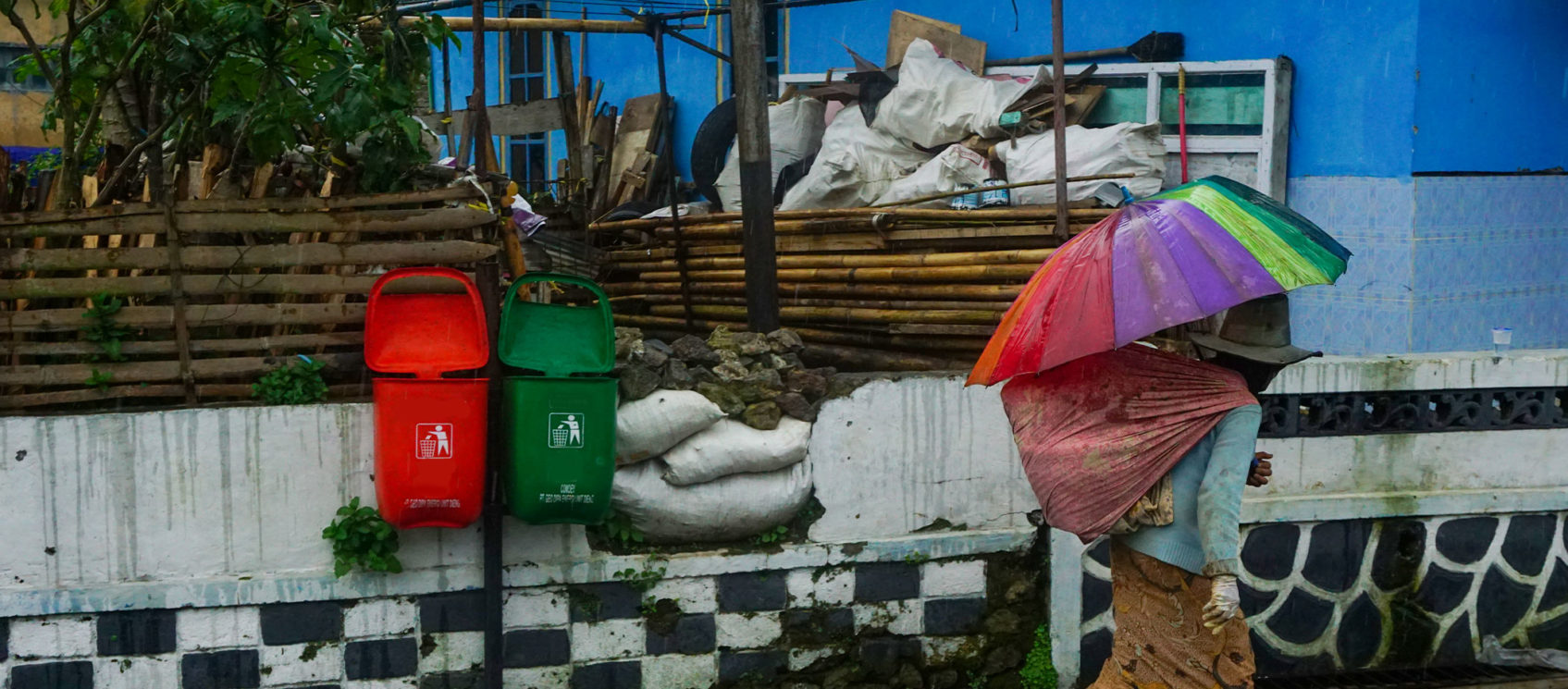
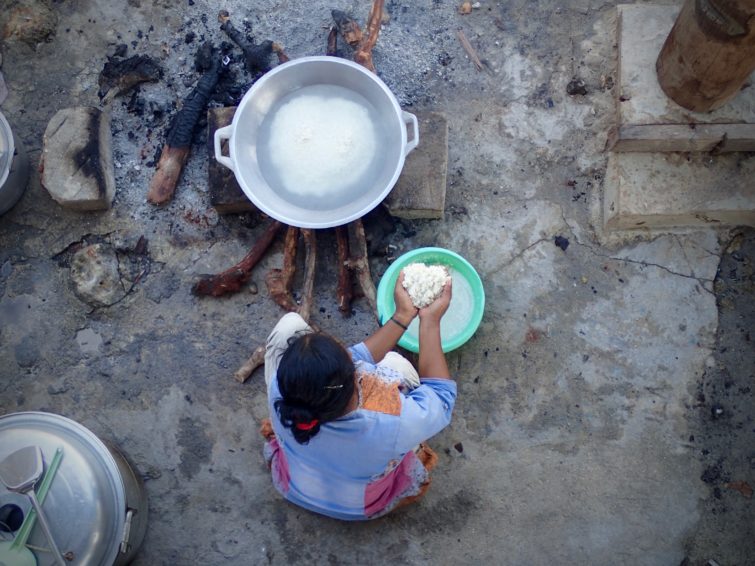
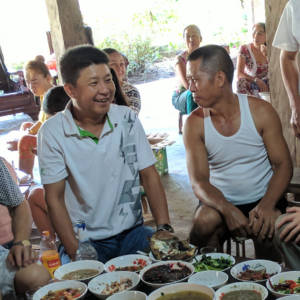
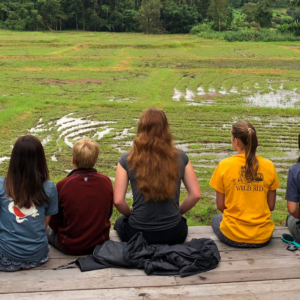
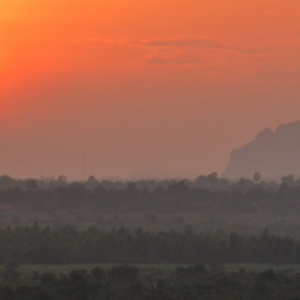
Leave a Comment